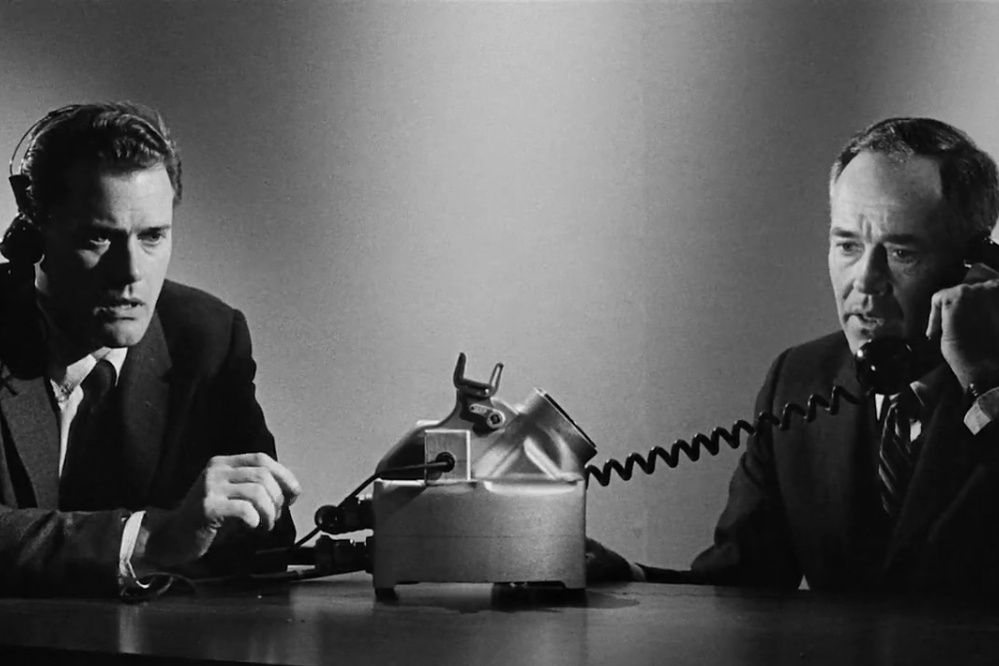“The motor-car, in bringing us all closer together, by making it easy to have luncheon two counties away, has driven us all further apart, by making it unnecessary for us to know the people in the next bungalow. And so, once again, we have to thank civilization for nothing.”
Ronald Knox, Barchester Pilgrimage




